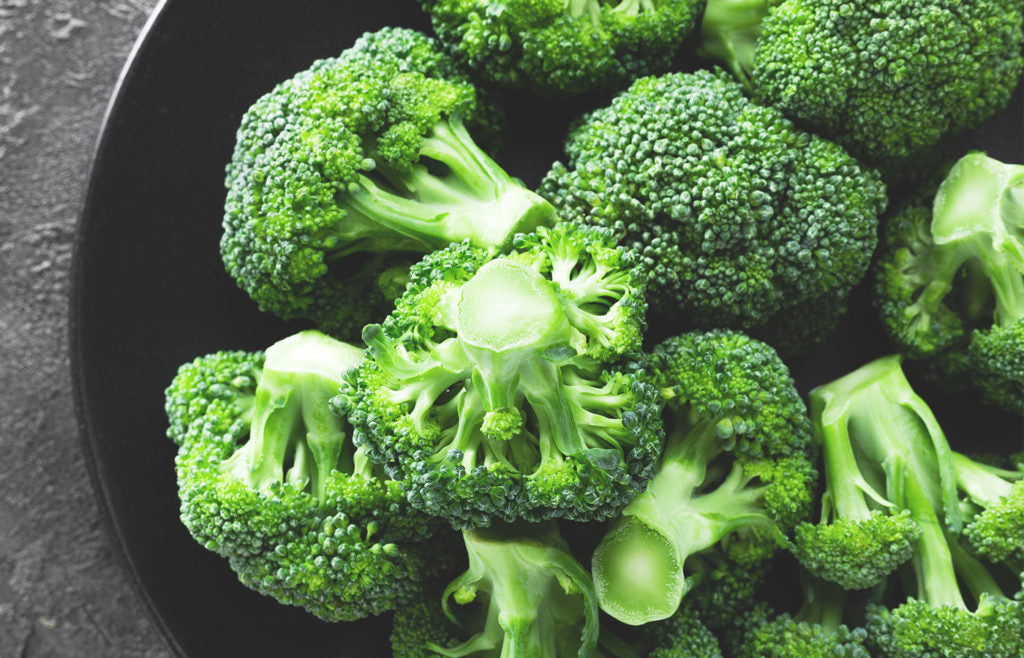
5 critical reasons to consume more vitamin C
Vitamin C is utilised in the body for so many different and important functions. Unfortunately, due to an insufficient intake of fresh vegetables and fruits, many people worldwide don’t consume enough vitamin C. Let’s take a look at some of the critical roles vitamin C plays in the body.
Adrenal function
Our adrenal glands need plenty of vitamin C, as vitamin C is used to produce stress hormones. Our requirements for vitamin C increase during periods of chronic stress, so alongside your stress management practices (diaphragmatic breathing is particularly effective) you might like to also consider your vitamin C intake.
Burning fat as fuel
Vitamin C is also needed for the reaction that creates carnitine, a substance that is essential for transporting fatty acids into the mitochondria (the energy factories in our cells) so they can be used for energy. Vitamin C helps to facilitate the processes that allows us to use fat as fuel.
Maintaining the structure of our body
Vitamin C is required for the production of collagen, a structural protein in bones, tendons, cartilage and skin. It is also needed to prevent the breakdown of collagen. Healthy bones and tendons are critical to our ability to move with ease and therefore for maintaining our body’s functionality. Vitamin C is also essential for wound healing.
Prevention of chronic disease
Vitamin C is a powerful antioxidant that reduces damage and inflammation in the body, helping to scavenge free radicals and protect you from degenerative diseases. Adequate vitamin C levels have also been associated with reduced risk of cardiovascular disease and some cancers.
Immune function and mood regulation
Vitamin C keeps our immune system responding appropriately and efficiently to stimuli and it acts as a powerful antihistamine. Vitamin C is also a co-factor in the production of serotonin, our happy, calm, content hormone, helping to naturally boost our mood.
But what happens if we aren’t consuming enough vitamin C? Without the quantity required to maintain optimal functioning, these tasks can’t occur efficiently or at all.
Vitamin C is not made by the body, nor can humans store it, so the body can’t call on reserves when it’s needed. It’s therefore incredibly important that we obtain enough vitamin C from the food that we are consuming, and in times when this isn’t possible, consider good quality supplementation.
Food sources
The best way for us to obtain vitamin C is through the whole foods we eat. Great food sources of vitamin C include broccoli, tomatoes, citrus fruits, kiwifruit, berries, capsicum and cabbage, however it’s important to know that preparation and cooking methods can influence the vitamin C content of these foods, as does the time from picking. Vitamin C is sensitive to heat and is water-soluble, so it can be lost in water. Lightly steaming or stir-frying vegetables instead of boiling them will help them retain more vitamin C.
Supplementation
While synthetic and food-derived forms of vitamin C are chemically identical, fruit and vegetables that are naturally rich in vitamins, minerals, fibre and phytochemicals, particularly a type called flavonoids, are thought to increase the bioavailability of vitamin C (the amount that is effectively used by the body), as well as exert their own health benefits. Ascorbic acid is the form of vitamin C that is found naturally in food, so supplementing with this form can be a good option if you are not meeting your vitamin C requirements from food alone, though occasionally some people notice poor bowel tolerance if the dose is too high too soon. A liposomal form of vitamin C (vitamin C suspended in fat-based phospholipids) may be preferable if higher doses are needed, as this form can be tolerated better by some people due to the way it is absorbed. Food-based supplements, however, are preferable.
Organic Daily Greens and Radiant Reds
The Bio Blends Organic Daily Greens and Radiant Reds powder contains blackcurrant, broccoli, dandelion, beetroot, wheatgrass and barley grass that contain real food, plant-based forms of vitamin C. The plant blend in Organic Daily Greens and Radiant Reds collectively contains approximately half of the recommended daily intake of vitamin C, along with many other nutrients, antioxidants and phytochemicals that work together synergistically. Combined with whole real food sources of vitamin C, this 100% plant-formulated powder (rather than a synthetic powder made in a laboratory) can help you to naturally boost your vitamin C whilst also delivering other beneficial nutrients and phytochemicals for the day.





